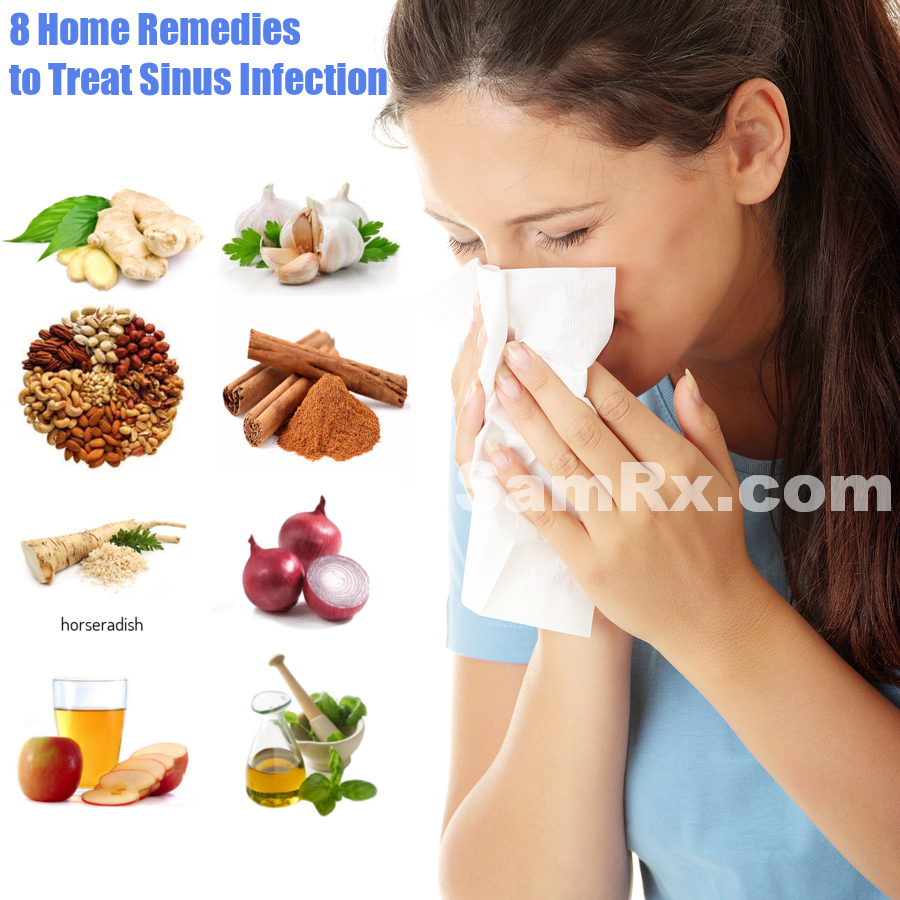Natural Remedies For Sinus Infection While Pregnant

The congestion, the pressure, the throbbing headache – a sinus infection is miserable for anyone. But when you're pregnant, the stakes feel higher. You're not just worried about your own discomfort, but also about the potential impact of medications on your developing baby.
Pregnant women often seek natural remedies to alleviate sinus infection symptoms due to concerns about the safety of conventional medications during pregnancy. While some over-the-counter medications are generally considered safe, many pregnant women prefer exploring gentler, non-pharmaceutical approaches to manage their symptoms. This article delves into natural remedies for sinus infections that are generally considered safe during pregnancy, focusing on their effectiveness, potential risks, and expert recommendations. We'll explore everything from nasal irrigation to dietary adjustments, providing pregnant women with evidence-based options to navigate this challenging condition.
Understanding Sinus Infections During Pregnancy
Pregnancy brings hormonal changes that can make nasal passages more susceptible to inflammation and congestion. These hormonal fluctuations, particularly increased estrogen levels, can lead to swelling of the nasal membranes, creating an environment conducive to sinus infections.
A sinus infection, or sinusitis, occurs when the sinuses – the air-filled cavities around the nose – become inflamed and blocked, often due to a viral or bacterial infection. The resulting congestion, pressure, and pain can be particularly debilitating during pregnancy.
Safe and Effective Natural Remedies
Nasal Irrigation with Saline Solution
Nasal irrigation, often using a neti pot or saline rinse bottle, is a cornerstone of natural sinus infection relief. It helps to flush out mucus, allergens, and irritants from the nasal passages. The process is simple: a saline solution is poured into one nostril and allowed to drain out the other, gently clearing the sinuses.
According to the American Academy of Allergy, Asthma & Immunology (AAAAI), nasal saline rinses are considered safe and effective for pregnant women. It is essential to use distilled or sterile water to avoid introducing harmful bacteria into the sinuses.
Steam Inhalation
Inhaling steam can help to loosen congestion and relieve sinus pressure. A simple method involves filling a bowl with hot water, covering your head with a towel, and gently inhaling the steam for 10-15 minutes. Be cautious to avoid burns.
Adding a few drops of eucalyptus or peppermint essential oil to the water can further enhance the decongestant effect. However, consult with your healthcare provider before using essential oils during pregnancy, as some may not be recommended. The National Association for Holistic Aromatherapy (NAHA) offers guidance on safe essential oil use during pregnancy.
Hydration
Staying well-hydrated is crucial for thinning mucus and promoting drainage. Water, herbal teas, and clear broths can help to keep nasal passages moist and facilitate the clearing of congestion. Avoid sugary drinks and excessive caffeine, as these can be dehydrating.
Warm Compress
Applying a warm compress to the face, particularly over the sinuses, can help to relieve pressure and pain. A warm, damp cloth placed over the forehead, cheeks, and around the eyes can provide soothing relief.
Elevating the Head
Elevating your head while sleeping can help to improve sinus drainage and reduce congestion. Use extra pillows to prop yourself up, allowing gravity to assist in clearing nasal passages. This can alleviate nighttime stuffiness and promote more restful sleep.
Dietary Considerations
Certain dietary choices can help to support the immune system and reduce inflammation. Consuming foods rich in vitamin C, such as citrus fruits and berries, can boost immune function. Including anti-inflammatory foods like ginger, turmeric, and garlic in your diet can also be beneficial.
Some experts also recommend limiting dairy consumption during a sinus infection, as it may thicken mucus in some individuals. However, this is not a universally accepted recommendation, and it's best to listen to your body and consult with your healthcare provider.
When to Seek Medical Attention
While natural remedies can often provide relief for mild sinus infections, it's essential to recognize when medical intervention is necessary. If symptoms persist for more than 7-10 days, or if you experience a high fever, severe facial pain, vision changes, or neurological symptoms, seek medical attention immediately.
A bacterial sinus infection may require antibiotics, which your doctor can prescribe after assessing your condition. It's crucial to inform your doctor about your pregnancy to ensure that any prescribed medication is safe for you and your baby.
Expert Perspectives on Natural Remedies
Many healthcare professionals advocate for the use of natural remedies as a first-line approach for managing sinus infections during pregnancy. Dr. Emily Carter, an OB/GYN, notes that "Nasal irrigation and steam inhalation are generally safe and effective options for pregnant women seeking relief from sinus congestion. We always recommend trying these natural approaches before considering medications."
However, it’s crucial to remember that natural remedies are not a substitute for medical advice. Always consult with your doctor or midwife before starting any new treatment, especially during pregnancy. Self-treating a potentially serious infection can lead to complications.
Looking Ahead: Research and Development
Research continues to explore the efficacy of various natural remedies for sinus infections. Studies are increasingly focusing on the potential benefits of specific essential oils, herbal supplements, and dietary interventions. Future research may provide more definitive evidence to support the use of these natural approaches during pregnancy.
Furthermore, personalized approaches to sinus infection management are gaining traction. Understanding individual triggers and tailoring treatment plans accordingly may lead to more effective and sustainable relief. This includes considering factors such as allergies, environmental irritants, and underlying health conditions.
Conclusion
Navigating a sinus infection during pregnancy can be challenging, but with the right knowledge and approach, it's possible to find relief using safe and effective natural remedies. From nasal irrigation to dietary adjustments, numerous options are available to help alleviate congestion, pressure, and pain. Remember to prioritize safety by consulting with your healthcare provider before starting any new treatment and seeking medical attention when necessary.
By empowering yourself with information and working closely with your healthcare team, you can manage your sinus infection symptoms and focus on enjoying a healthy and comfortable pregnancy.


















